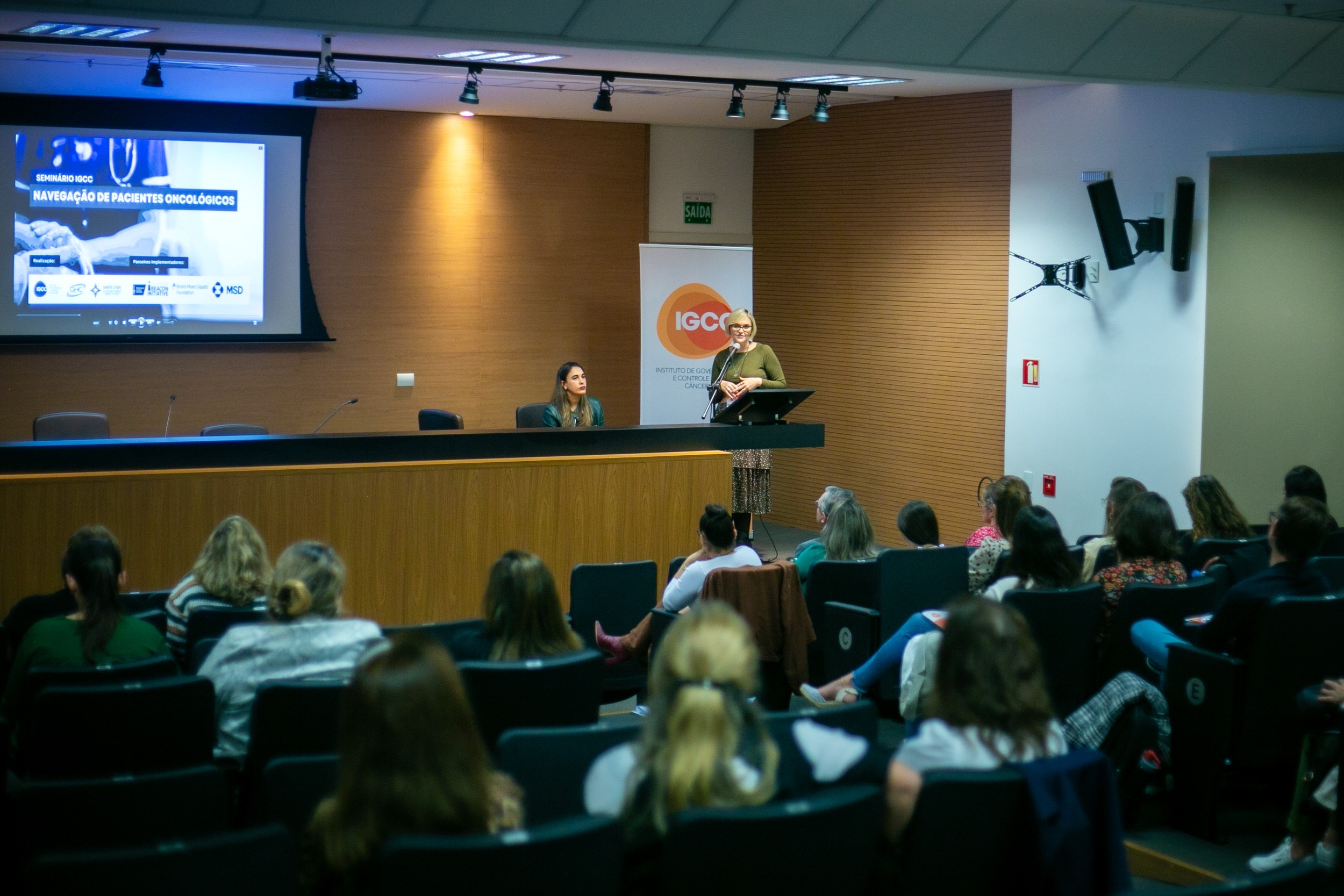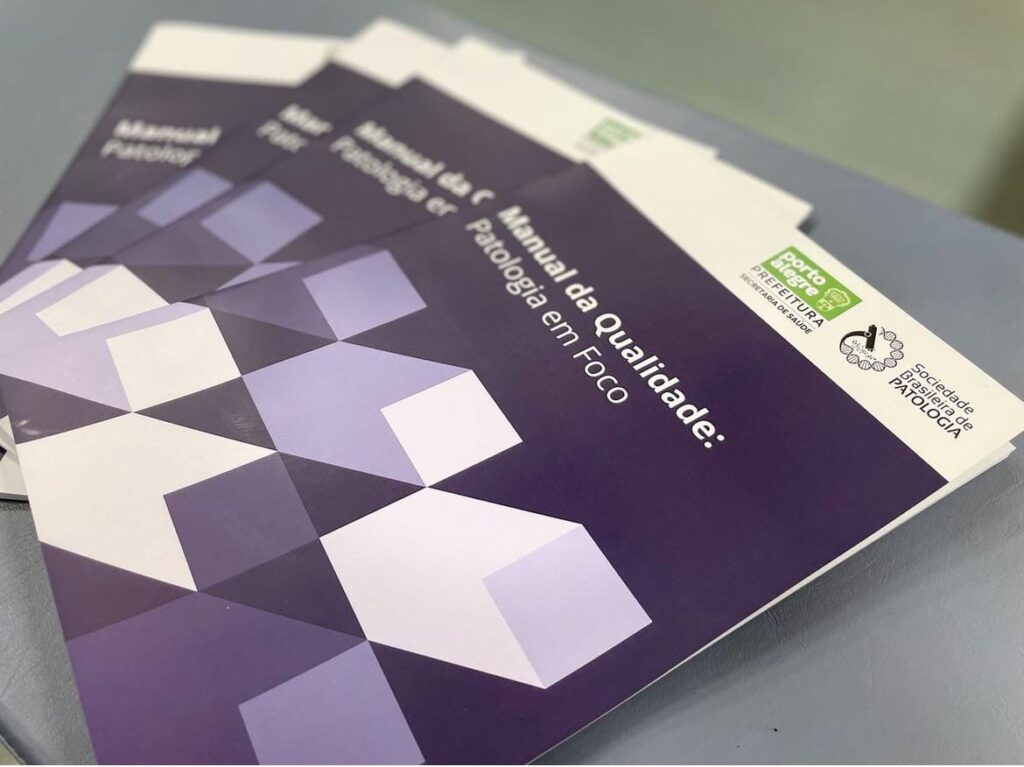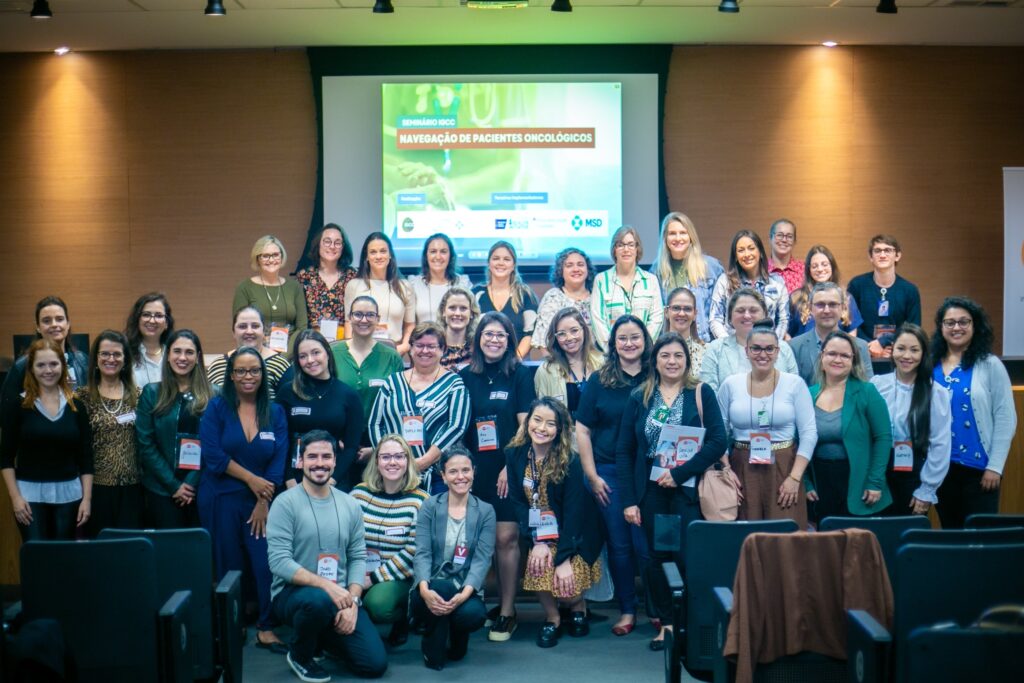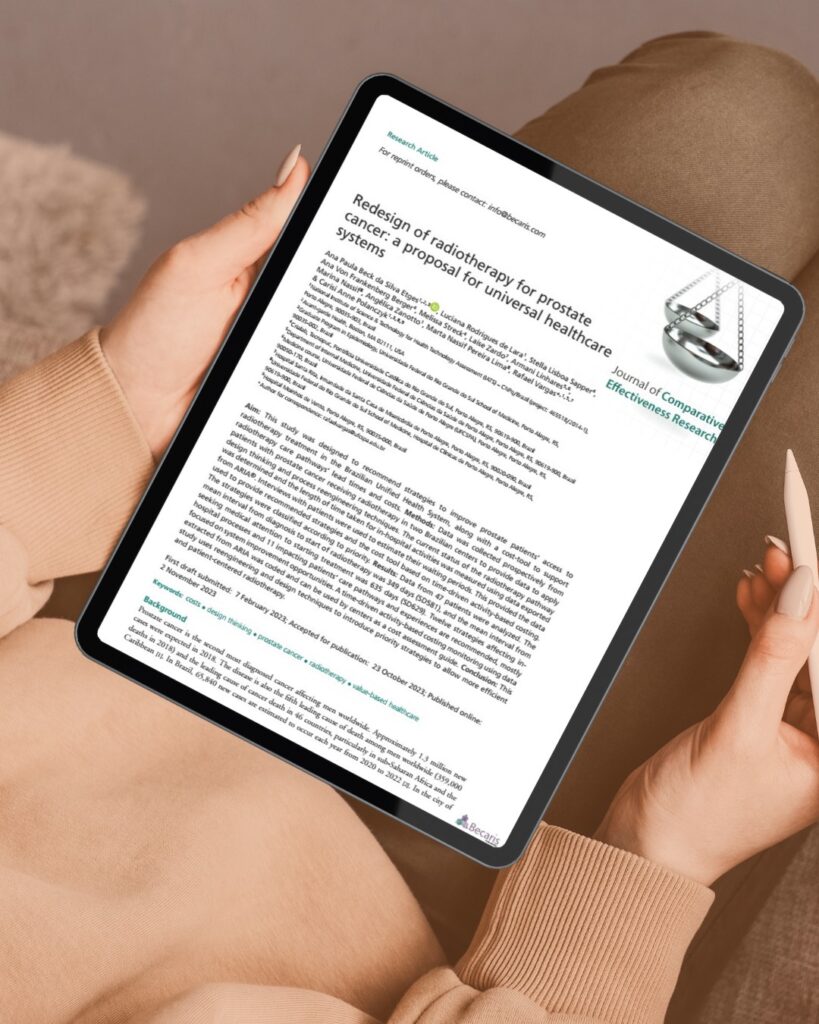
2023 was a year of big achievements for the Instituto de Governança e Controle do Câncer (IGCC) and, consequently, for the city of Porto Alegre.
A group of local experts developed a quality manual for pathology with the technical support of the City Cancer Challenge, which is adapted specifically to Porto Alegre’s context. It has become a quality assessment parameter for the three laboratories that provide cancer diagnosis services for the City Hall in the public health system. After the manual was endorsed and launched by the City Council, this triggered a compulsory request for pathology laboratories in the city to present their good practice manuals. 16 laboratories complied and were encouraged to improve their services and have established and organized processes. The city government has included quality measurement indicators in laboratory contracts, which is a public policy gain celebrated by the IGCC as a concrete and practical example of how good governance is applied and generates transformation.

Another key milestone celebrated in 2023 is the conclusion of the “Early Diagnostics: Lung & Melanoma” project, which supported the development of a patient navigation program within the Grupo Hospitalar Conceição (GHC), the largest public hospital network in southern Brazil, where service provision is fully covered under Brazil’s Unified Health System (SUS). The preliminary results of the project already show that GHC has achieved a significant reduction in the time between diagnosis and the first treatment for all lung cancer patients in the programme, bringing the waiting period within Brazil’s 60 day law.

And the end of the year brought a pleasant coincidence! At the beginning of November, which is also prostate cancer awareness month, IGCC published its first scientific article, sharing important results from our ‘Radiotherapy for Prostate Cancer’ project. The study launched in the Journal of Comparative Effectiveness Research pointed to simple and low-cost tools that can help shorten a lung cancer patient’s journey within the regional public system, which can be replicated elsewhere. A new phase of the project will start in 2024 – the FASTER project – which will work on applying the tools identified to reduce the time between diagnosis and the start of radiotherapy treatment by approximately 70%.

We’re excited about the coming year. Big and important projects will begin to promote the transformation we want in the reality of the cancer scenario in the city.
You can find out more about the IGCC’s work in Porto Alegre by visiting the Institute’s website at: https://igcc.org.br/





